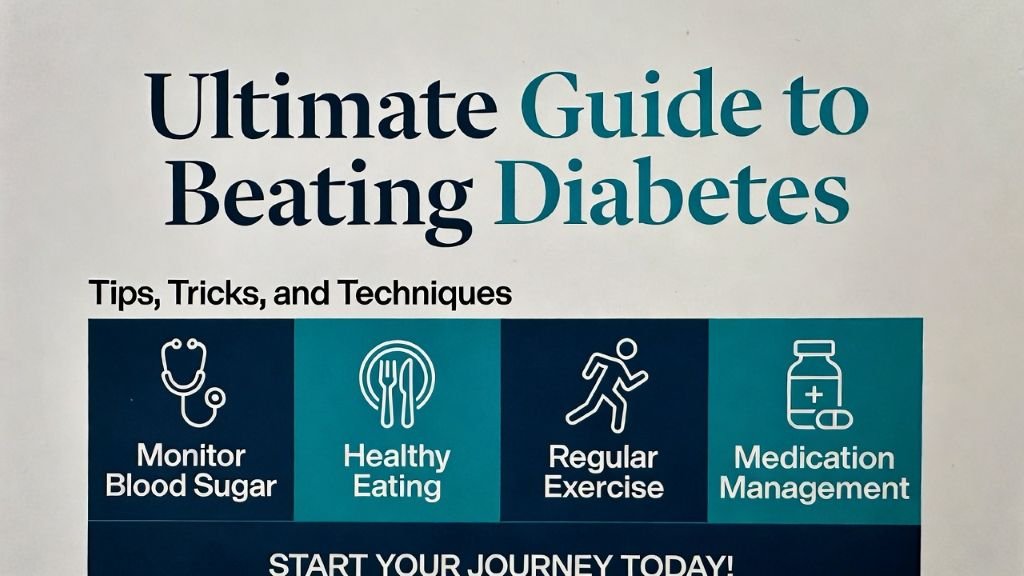What Is Stress, and Why Do We Need to Reduce It?
The National Institute of Mental Health defines stress as “how the brain and body respond to any demand.” Adding, “Any type of challenge—such as performance at work or school, a significant life change, or a traumatic event—can be stressful.”
Shelby Erdman, writing for the American online publisher of wellness and medical news, WebMD.com, defines stress as “When you feel overwhelmed or can’t handle a situation, [and] your body … respond[s] in a bad way.”
Erdman quotes Jonathan Smith, a professor of psychology at Roosevelt University, who says, “Experiencing short periods of stress is just fine, in fact, it’s even healthy.” Then where is the problem with stress? The problem kicks in when stress becomes too much.
According to MayoClinic.org, a nonprofit American academic medical center, too much stress can hurt health. It can make you feel ill without being able to pinpoint the area that hurts, cause you to suffer irritating headaches, or prevent you from functioning normally at school or work.
MayoClinic.org adds that “Stress that’s left unchecked can contribute to many health problems, such as high blood pressure, heart disease, obesity, and diabetes.”
1. Exercise More
The general benefits of regular exercise to health are well documented. But do those benefits extend to mental health and lower stress levels? When we look at various studies, the answer seems to be a yes.
A paper published by the Journal of Preventive Medicine entitled, Regular exercise, anxiety, depression, and personality: A population-based study supports the idea that people who exercise see positive mental health benefits. It concludes that, on average, exercisers were less anxious, less depressed, and more extroverted than those who didn’t exercise.
The idea that exercise benefits mental health is supported by medical doctors Ashish Sharma, Vishal Madaan, and Frederick Petty. In an article published by the National Library of Medicine, they conclude that “Aerobic exercises, including jogging, swimming, cycling, walking, gardening, and dancing, have been proven to reduce anxiety and depression.”
How exactly does exercise reduce stress? Sharma and his colleagues have an idea: “These improvements in mood are proposed to be caused by exercise-induced increase in blood circulation to the brain and by an influence on the hypothalamic-pituitary-adrenal (HPA) axis and, thus, on the physiologic reactivity to stress.”
2. Watch Your Caffeine Intake
We have all heard that the caffeine in beverages like coffee comes with many benefits, including useful nutrients and antioxidants. These benefits are supported by several studies, with one concluding that the “consumption of 3 to 5 standard cups of coffee daily has been consistently associated with a reduced risk of several chronic diseases.”
Notwithstanding the benefits of caffeine, the Anxiety & Depression Association of America advises that we should moderate caffeine intake because too much of it can trigger panic attacks and aggravate anxiety.

3. Take Supplements
Numerous supplements and vitamins have been associated with the relief of stress symptoms.
Benjamin Weeks, in his paper published by the National Library of Medicine, concludes that “While questions remain in the literature regarding the medicinal value of these supplements in treating mood and anxiety disorders …the literature supports a role for these preparations as useful alternatives in the management of the stress and anxiety of everyday life.”
4. Light a Candle and Try Aromatherapy
Science suggests that when you light a scented candle, the smell stimulates the section of the brain associated with mood and memory. This could improve your mood and reduce stress.
Aromatherapy is a holistic method of dealing with illnesses that could trigger stress. This type of treatment promotes healing and general well-being through the use of extracts from natural plants.
The effects of aromatherapy on stress reduction are supported by several studies, including one by Miao-Chuan Chen, Shu-Hui Fang, and Li Fang. They conclude that “aromatherapy was shown to be effective in the reduction of the number of stress symptoms for 3 or 4 days.”
5. Chew Gum
Not all methods of reducing stress are complicated and involving. Simply walking to the nearest store and getting some gum could be the solution for your stress. But how credible is this view?
According to science, it is a credible suggestion. A group of scholars published an article in the Journal of Prosthodontic Research. They say that “gum chewing may relieve stress responses.”
The same conclusion is drawn by another study published in the journal Appetite, which concludes that “The results showed that chewing gum reduced stress (both at work and outside work), reduced fatigue, reduced anxiety and depression and led to a more positive mood.”
6. Spend Time with Family and Friends
If there is one thing that increased stress levels since Covid-19 was declared a pandemic, it is the isolation that many of us had to go through. This is because social support from family and friends is an important way of dealing with stressful situations.
Renee Cadzow and Timothy Servoss published an article entitled “The association between perceived social support and health among patients at a free urban clinic.”
In that article, Cadzow and Servoss conclude that “Perceiving sufficient social support was associated with lower rates of several mental and physical health disorders.” Adding, “Social support may act as a barrier or buffer to poor health caused by the stressful living conditions often experienced by low-income underinsured people.”

7. Cuddle with a Trusted Person
Ask anyone that has gone for long periods without a hug how it feels, and they will tell you that it’s a lonely place to be. Does hugging provide stress-buffering social support? This is the question a group of scholars attempts to answer in their study published by the journal Psychological Science.
The study concludes that “A … stress-buffering effect emerged for hugging.” The scholars report that “data suggest that hugging may effectively convey social support.”
8. Laugh More
Laughter is the best medicine, so we are told. But what do the scientists say? A group of scientists published a paper entitled “The effect of mirthful laughter on stress and natural killer cell activity.” Their results show that “Laughter may reduce stress.”
Conclusions from a study by JongEun Yim agree that we all need to laugh more: “Laughter therapy is effective and scientifically supported as a single or adjuvant therapy.”
9. Avoid Procrastination
It has been said that procrastination is the thief of time, but we now also know that it can steal your happiness too. A study by Fuschia Sirois, focusing on procrastination, stress, and chronic health conditions, links procrastination to stress.
In the study, published by the journal Procrastination, Health, and Well-Being, the researchers report that “Emerging research suggests that procrastination may be an important epidemiological factor for understanding the development and management of not only acute but also chronic health issues, due in part to its links with stress and poor health behaviors.”
10. Try a Yoga Class
According to Healthline.com, research supports the idea that yoga has a positive effect on mental health. The same website reports that “Overall, research has found that yoga can enhance mood and may even be as effective as antidepressant drugs at treating depression and anxiety.”
One of the studies that support the benefits of yoga was conducted by Michaela Pascoe and Isabelle Bauer. In the research report published in the Journal of Psychiatric Research, the two scholars conclude that “There is evidence that yoga has mood-enhancing properties possibly related to its inhibitory effects on physiological stress.”
11. Practice Mindfulness
Technology has resulted in us living in a world where we are called upon to be in different places simultaneously. For instance, you could be preparing a meal, or talking on the phone with a friend while concurrently trying to see if there are new emails on your tablet. This leads us not to enjoy the present moment and could increase our stress levels when we feel as if we can’t cope.
Researchers show that mindfulness, the practice of being fully present and aware of where you are, could effectively reduce stress.
Lindsay Maxwell and Elsie Duff published a paper in the Journal for Nurse Practitioners, which concludes that “research suggests that an understanding of Buddhist philosophy, and how it complements Western psychology, can help maximize the role of mindfulness in the treatment of mental illness.”

12. Listen to Soothing Music
Music is associated with many benefits. For instance, scientists have shown that blood flows more easily when listening to music. They also indicate that music can reduce pain, elevate mood, and increase workout endurance, among other benefits.
Alexandra Linnemann and a group of other scholars published an article entitled “Music listening as a means of stress reduction in daily life.” In the paper published by the journal Psychoneuroendocrinology, they say that “findings suggest that music listening can be considered a means of stress reduction in daily life, especially if it is listened to for the reason of relaxation.”
Please review our business on Google Yelp Facebook
Please visit our Member’s Area to access our subscribed content to learn more.
Did you know you can work out and exercise with a trainer at your home, office, hotel room, or anywhere in the world with online personal training?
Like us on Facebook/Connect with us on LinkedIn/Follow us on X
Make sure to forward this to friends and followers!






